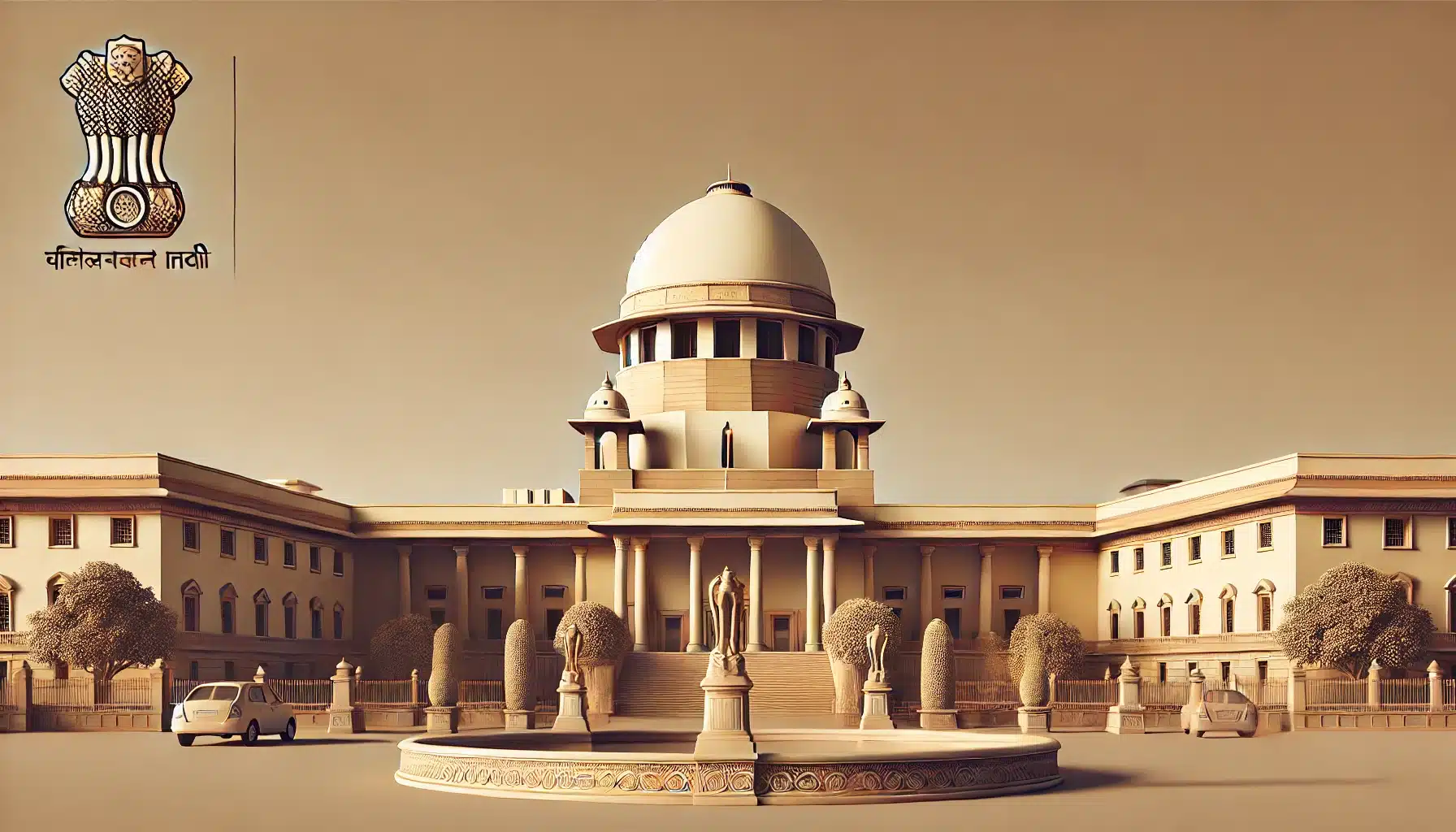The Supreme Court on October 4th solidified its previous stance, permitting sub-classification of Scheduled Castes (SC) to allow states to provide separate quotas for more backward groups within the SC categories. Dismissing all review petitions, the court underscored that there was no apparent erro

The Supreme Court of India has reiterated its approval for the sub-classification of Scheduled Castes (SC), enabling states to offer distinct quotas for more backward communities within the SC group. This decision came through the dismissal of several review petitions challenging the court’s prior judgment, affirming the legal framework that allows for nuanced allocation of reservations to ensure fairness and balance in social equity efforts.
Background of the Decision
- A 7-judge Constitution Bench of the Supreme Court, led by Chief Justice DY Chandrachud and including Justices BR Gavai, Vikram Nath, Bela M Trivedi, Pankaj Mithal, Manoj Misra, and Satish Chandra Sharma, originally ruled on August 1 by a 6:1 majority in favor of this nuanced approach in the landmark case, State Of Punjab And Ors. v Davinder Singh.
- The review petitions filed against this judgment were thoroughly examined, and the court concluded that there was “no error apparent on the face of the record”, effectively dismissing these petitions.
Legal Precedents and Implications
- The judgment addressed and moved beyond the 2005 E.V. Chinnaiah v. State of Andhra Pradesh decision, which had previously asserted that all SCs notified under Article 341 formed a single homogeneous group and should not be further sub-divided.
- By allowing sub-classification, the Supreme Court aimed to rectify intra-group inequalities, ensuring that the most disadvantaged within the SCs could benefit more significantly from the reservation policies.
Specifics of the Supreme Court’s Ruling
- The Court emphasized that while states are authorized to sub-classify the SCs, such classifications must be justified with empirical data demonstrating the inadequacy of representation of certain sub-groups.
- It was also clarified that no sub-class should receive 100% reservation, thus preventing any disproportion in the allocation of benefits and maintaining the balance required under constitutional mandates.
Broader Context and Future Outlook
- This decision is pivotal as it addresses the critical issue of socio-economic disparities within the SCs, allowing for more targeted social upliftment.
- The ruling not only reinforces the autonomy of states in managing reservation dynamics according to specific regional demographics but also sets a significant precedent on how empirical evidence must guide policy decisions to align with the principles of equality and justice as enshrined in the Constitution.





